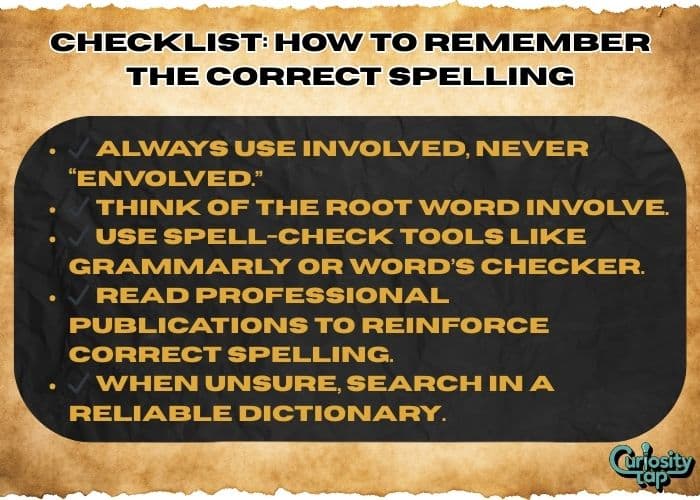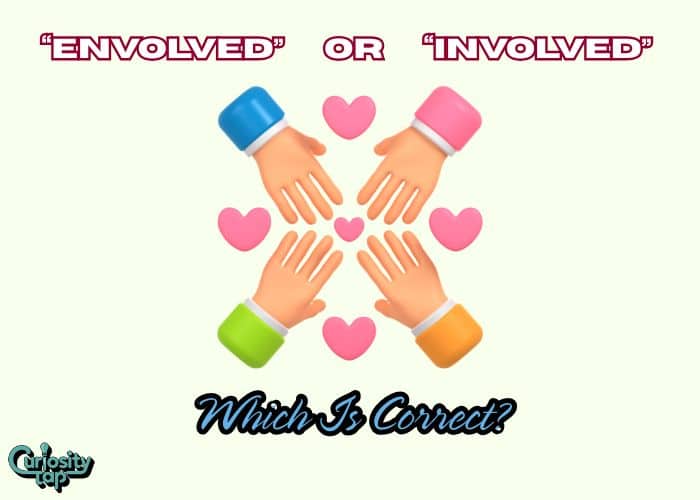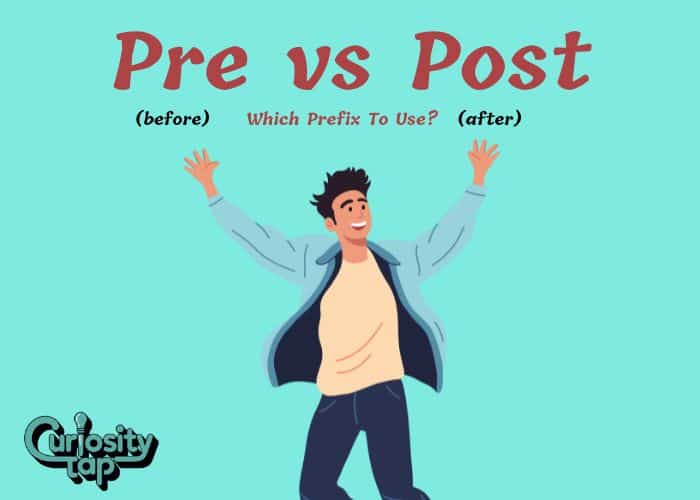Language is tricky, and English spelling often causes confusion. One common mix-up many learners face is between “envolved” and “involved.” If you’ve ever hesitated while writing an email, academic paper, or professional document, you’re not alone.
This article will clear the doubt once and for all, explain the correct usage, and give you practical tips to avoid this mistake.
Why People Confuse “Envolved” and “Involved”
The confusion usually comes from:
- Similar pronunciation – At a quick glance, both look and sound close.
- Spelling habits – Learners sometimes add “en-” where “in-” is correct.
- Language transfer – Non-native speakers influenced by Latin-based languages may think “envolved” is valid (similar to “envolver” in Spanish).
👉 The truth: “Involved” is the only correct English spelling. The word “envolved” does not exist in standard English dictionaries.
The Correct Word: “Involved”
Meaning and Usage
The verb “involved” comes from involve, meaning:
- To include as a necessary part.
- To engage or participate actively.
- To complicate or make intricate.
Examples:
- She was involved in the charity project.
- The research study involved over 1,000 participants.
- He got involved in a heated debate.
Grammar Note
“Involved” can also be used as an adjective meaning:
- Complicated or intricate (e.g., “an involved explanation”).
- Engaged in something (e.g., “deeply involved in politics”).
Why “Envolved” Is Incorrect
There is no entry for “envolved” in trusted English dictionaries such as Merriam-Webster, Oxford English Dictionary, or Cambridge Dictionary. If you use it in academic or professional writing, it will be flagged as a spelling mistake.
Real-Life Example of Confusion
During a university workshop I once attended, a student submitted a research paper with the sentence:
“The experiment envolved 200 test subjects.”
The professor stopped reading, circled the word, and explained:
- “Envolved” is not a word.
- The correct form is “involved.”
- Such errors reduce credibility, especially in academic and professional contexts.
That moment highlighted how a small spelling slip can overshadow otherwise excellent work.
Also Read:
Long Term or Long-Term: Right Decision In Writing
Occasion or Ocassion: What’s The Correct Spelling?
Hoodie or Hoody? Choosing The Right Spelling
Catalogue or Catalog: What’s The Right Spelling?
Steam or Steem: What’s The Difference?
Comparison Table: Envolved vs Involved
| Word | Correct? | Meaning | Example Sentence |
|---|---|---|---|
| Envolved | ❌ No | Not a valid word in English | – |
| Involved | ✅ Yes | To include, participate, or engage | “She is involved in volunteer work.” |

Checklist: How to Remember the Correct Spelling
✔ Always use involved, never “envolved.”
✔ Think of the root word involve.
✔ Use spell-check tools like Grammarly or Word’s checker.
✔ Read professional publications to reinforce correct spelling.
✔ When unsure, search in a reliable dictionary.
FAQs About “Envolved” vs “Involved”
Is “envolved” ever correct in British English?
No. It is incorrect in all forms of English.
Why do people type “envolved”?
Mostly due to spelling habits or influence from other languages.
What is the past tense of “involve”?
The correct past tense is involved.
Can “involved” mean complicated?
Yes. For example: “The math problem was very involved.”
Is “involvement” the same as “involved”?
No. “Involvement” is the noun form, while “involved” is the verb (past tense) or adjective.
Pros & Cons of Using “Involved”
Pros:
- Universally correct spelling.
- Enhances credibility in writing.
- Accepted in all English contexts.
Cons (if misused):
- Using “envolved” instead lowers clarity.
- Mistakes can harm academic or professional impression.
Conclusion
The verdict is clear: “involved” is correct, while “envolved” is simply wrong. If you want your communication to be professional, credible, and clear, always stick with the standard spelling
Call to Action
Want to sharpen your English and write successfully every time?
Check out our Grammar Checker Tool and never second-guess your spelling again!
Read our guide on Common English Misspellings to boost your skills even further.
Sources
Sources:
- Merriam-Webster Dictionary. (n.d.). Involved. https://www.merriam-webster.com
- Cambridge Dictionary. (n.d.). Involved. https://dictionary.cambridge.org
- Oxford English Dictionary. (n.d.). Involved. https://www.oed.com
Read more knowledgeable blogs on Curiosity Tap
Is this article helpful?

Jackson Pearson is a passionate educator and language enthusiast behind the blog Jackson Pearson. With years of experience in teaching and writing, he specializes in simplifying complex grammar rules, breaking down tricky vocabulary, and crafting learning guides that are both engaging and practical. His mission is to help readers boost their English skills whether they’re beginners or brushing up for fluency. Through every article, Jackson brings clarity, structure, and a spark of curiosity to the world of English learning.



